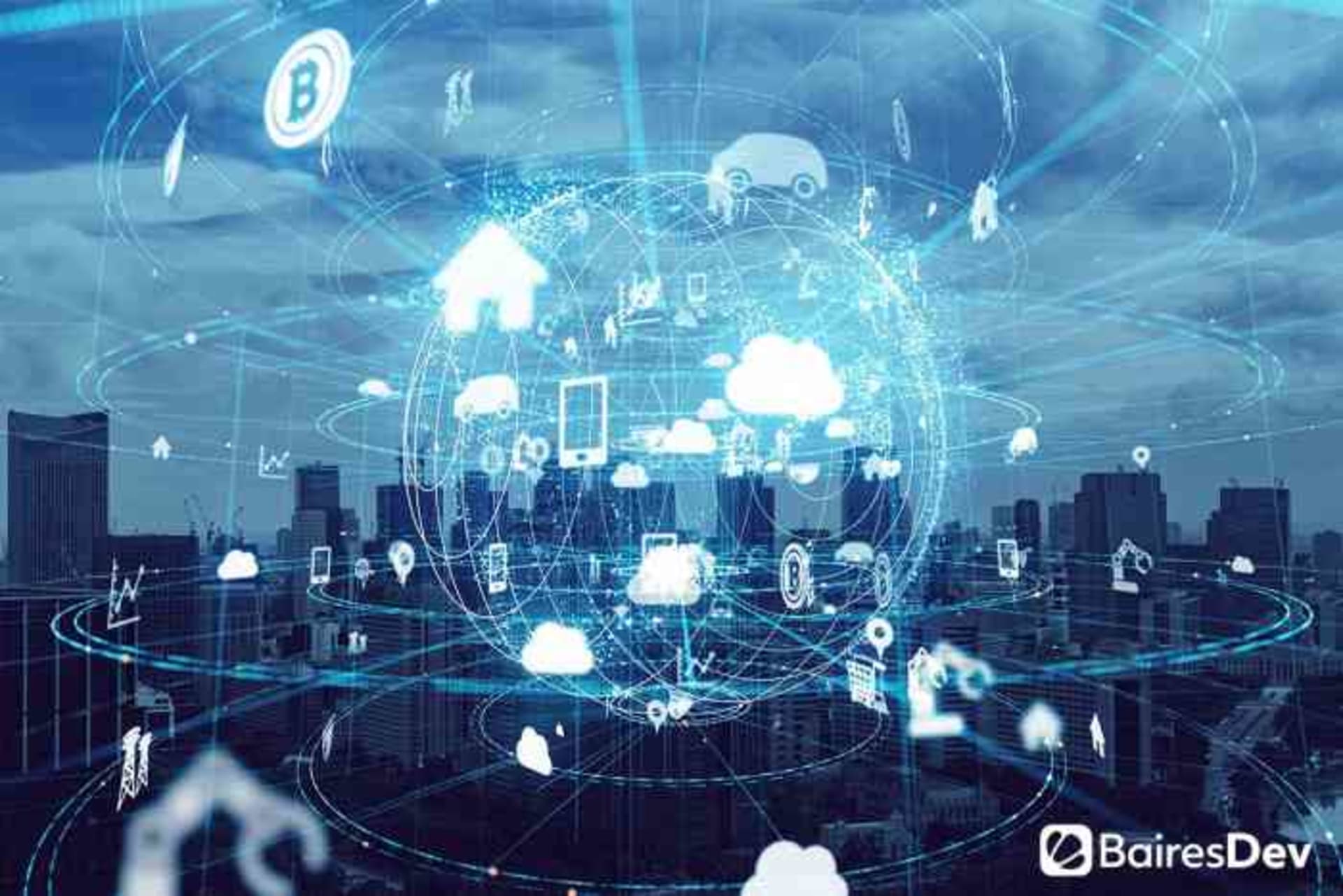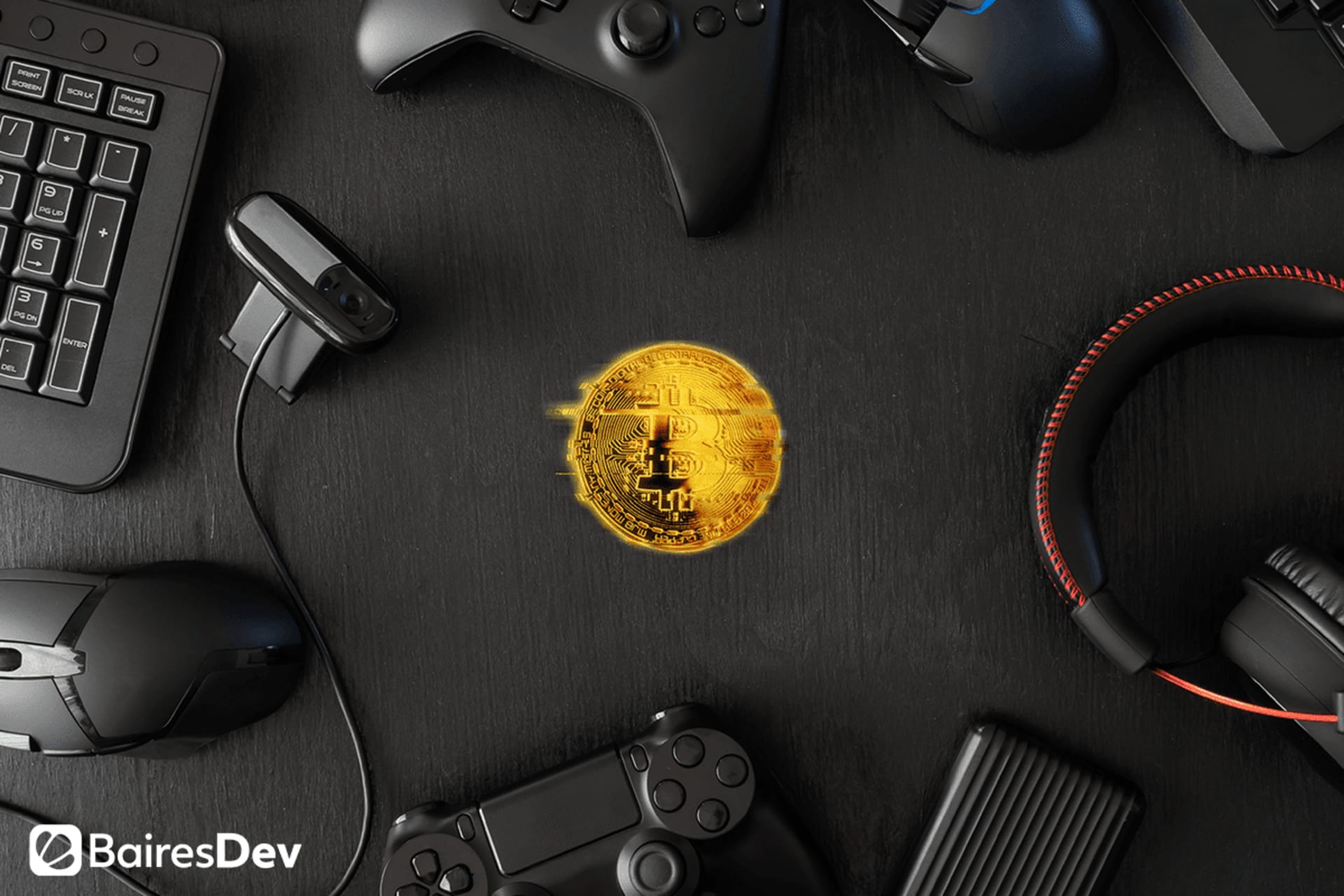At first, the Internet brought us a newfound sense of freedom. Now, in 2020, we must approach the ethical dilemmas it created.
When the internet became available for the general public, everyone was delighted. Here was a massive communication tool, unlike anything the world had seen so far. This new technology was propelled by a lot of promises but the shiniest was definitely the sense of newfound freedom.
Back then, the internet was going to democratize knowledge, enable collaboration with people from all over the world, and provide the means to communicate with anyone. Seeing all that from today’s perspective, it’s impossible not to feel slightly embarrassed by all that naiveté. From powerful groups fighting net neutrality and the fake news boom to the rise of online harassment and the colossal privacy concerns, the internet of 2020 looks more like a battlefield.
Some might argue that these things are, in part, a consequence of freedom. You might not agree with online bullies but at least they are exercising their freedom of speech, right? Well, things are more complicated than that. In a tech-driven world where technology has taken the center stage, approaching crucial ethical dilemmas like this one should be done in a more serious manner.
With that said, it’s important if we start discussing the implications all technologies are having (and will have) on our lives. That’s especially true for freedom, one of the fundamental values of our societies.
What’s Freedom, Anyway?
If you were to answer that question without googling it up, you’d probably say that being free is being able to act, speak, or think as you want without any external influence. That’s what most people think, anyway – even when that kind of freedom doesn’t (nor couldn’t) exist in reality.
How so? While being able to do all that without further consequences might sound appealing, it negates the complexities of real life. We live in a society, which means that we constantly interact with other people that should, in theory, also enjoy the same freedom as we do. So, if there were, in fact, absolute freedom, we’d sink into chaos sooner rather than later. Without rules, anyone would be free to murder, steal, profane, or downright negate other people – all in the name of freedom.
The thing with freedom is that, as with a lot of abstract concepts, it’s complicated and paradoxical.
For freedom to be as equal for everyone as possible, we need some rules to govern it. Throughout history, societies have organized in some way or another to live their own versions of freedom. And while we haven’t reached an agreement on what being free truly is, we at least now have the possibility to talk and discuss it within certain boundaries.
So, an attainable (“real”) freedom needs certain limits if it wants to exist. We accept that there are criminal laws (and their subsequent punishments) for certain actions deemed as crimes. We renounce a part of our freedom (i.e. we agree not to steal) to ensure another type of freedom that serves what we perceive as a higher purpose.
With that mind and a somewhat clearer idea of what freedom might look like, we can now analyze how technology impacts and reshapes that idea.
At the Brink of a Nosedive
When it was first broadcasted back in 2011, science fiction anthology series Black Mirror struck a chord with a lot of people, especially among younger generations. The reason? Through fictionalized stories, the TV series invited us to take a look at the darker side of technology. In the long tradition of science fiction, Black Mirror used technologies as plot devices to ask ethical and philosophical questions about our societies, our lives, and our understanding of them.
As with the best science fiction works, the series caused an impact because it felt like the events depicted in it might become a reality in the future. For instance, the Nosedive episode showed a world where people rated each interaction with each other with a one-to-five star rating which, in turn, directly impacted the socioeconomic status of everyone.
While it might seem like a stretch, the news of the credit scores used in China as you read this should at least have you feeling a little uncomfortable. Could we really live in a world like that? It would be easier for all of us to dismiss that question as the result of a very pessimistic view of technology. But doing so would be extremely wrong.
No one would argue for a second that technology today is moving at breakneck speed. It seems that every little inconvenience and need we find in front of us has to have a technological response and subsequent satisfaction. The thing is – virtually no one is taking a moment to consider if the direction we’re headed is the right path to take.
Data lays at the heart of the dilemma. We now have access to the biggest amount of data in history. And with the help of artificial intelligence (AI), we are now able to scour those huge troves of information in the search of actionable insights. Go ahead and read any article about AI and chances are you’ll find that the technology is mostly used to make “informed decisions.”
But who is making those decisions? And how do they influence our daily lives? If AI is giving Chinese citizens a score based on an obscure algorithm – it would be too crazy to think that the technology is designing a path we are led to believe we are choosing when, in fact, we’re being pushed into?
Down the Orwellian Nightmare
There’s a reason why 1984 by George Orwell is still read, quoted, and hailed as one of the best science fiction novels of all time: it feels painfully real. In the book (which, if you haven’t yet, I emphatically encourage you to read), a superstate is ruled by a ruling party that uses mass surveillance to control their population. Any free thought that deviates from what the government establishes is quickly squashed. History is rewritten every day and reality is shaped through the news.
Sounds familiar? In the age of Fake News influencing millions of people, it’s hard not to think that we’re going down the Orwellian nightmare right now. Even if that sounds a little bit excessive, you should stop and think for a minute.
You might think that you are independent in what you do online, what you read, what you watch. But as services gather more and more data (data that, should I add, we all voluntarily agreed to provide without a second thought), we’re given a “personalized” experience that feels like the right fit for everyone. However, that customized feel has a dark implication – it limits your freedom by suggesting things that are more in line with what you already think.
In his fantastic 2011 Ted Talk, Eli Pariser already warned us about the online filter bubbles that work day and night to offer content that we’re likely to agree with while hiding the content that we might find controversial or just plain wrong. With the increasing use of data and AI solutions, you can bet that those algorithms are working better than ever, showing us only the things that we might agree with.
What does this have to do with freedom? Well, it basically undermines the objective of free internet. If somebody (hackers, elites, foreign governments, or whatever you want to point your finger at) is using data to “better” serve us content, how can you say you’re truly free if you aren’t given all the choices you can opt from? Isn’t that some sort of coercion?
While we aren’t living the Orwellian universe in the literal sense (we don’t have a Big Brother talking to us on a daily basis), we truly are living up to their concepts. We carry around devices that track everything we read and watch, where we go, who we are friends with and more. In a way, the people that are collecting our data (private corporations and, per Edward Snowden, even governments) know us better than we know ourselves – and they are making the “informed decisions” for us.
We Still Have Time to Act
I know that, up until this point, this article feels like a downer. But I don’t want it to sound like that. Yes, it’s true that we’re facing a massive challenge. Yes, we’ll need to develop some sort of control measures to keep the technological development in check, especially when the future will bring even more controversial devices into our lives (with VR, AR, and the Internet of Things at the top).
But we still have time to act. Up until now, a lot of people adhere to the thought that sees that if a technology can be developed, it should be developed no matter what. But that doesn’t have to be like that. We don’t have to just stand in the collision course of technology simply because it can solve minor inconveniences. We owe it to ourselves (and to our future) to have a serious discussion about these advancements.
And with that, I mean that we have to sit down and weigh the good and the bad that comes with technological development. I’m by no means a Luddite (after all, I’ve been working online for the past decade) and I truly think that tech can lead us to a better life as it has done so before. But I’m also not blind. We aren’t thinking about the potential consequences of what we are creating and we are just accepting whatever is thrown our way.
With so much technology coming our way, it’s impossible to anticipate what our future will look like. But there are a couple of things we can learn of how the internet developed since it went public. First and foremost, the internet has shown us that reality (and technology) doesn’t really match our expectations. Life is rewritten and reshaped every day and we just have to accept that.
In the light of that comes the second realization. If everything is dynamic and is capable of changing, then we don’t have to resign ourselves to a future determined by tech leaders, private companies, or even by AI-based algorithms. We still have a say, we still have that freedom. If I were to ask the question in the title, then, I think that freedom in a tech-driven world looks like this: we still have the power to decide. It’s not a minor thing.






